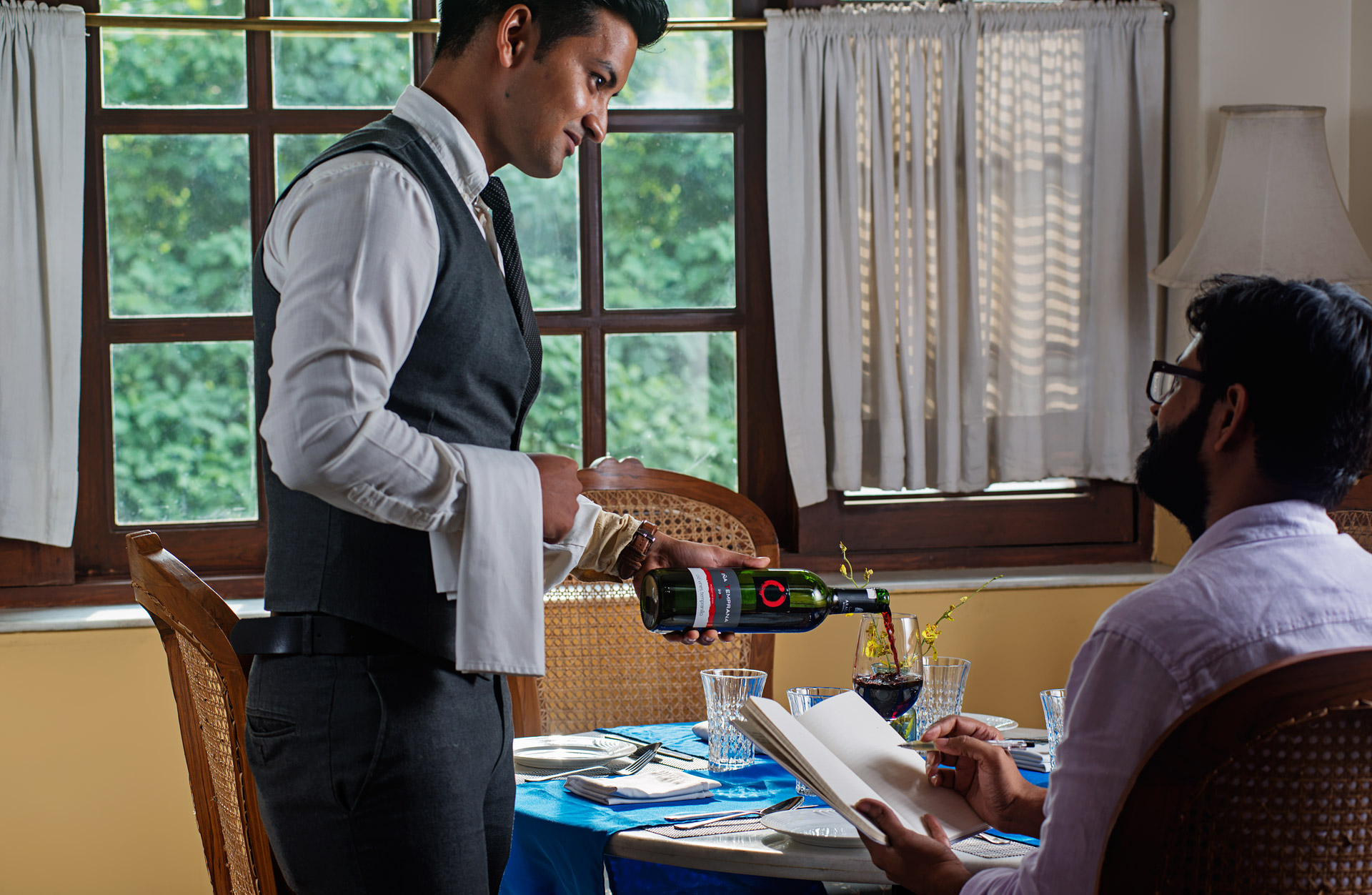Common perception identifies food writers as people with glamorous lifestyles, or as people with free passes to elaborate dinners at the swankiest restaurants. However, as with every profession, there's loads more to the job than meets the eye.
"Food critics aren't just people who eat out everyday; an informed critic is someone who understands the business, the industry and the kitchen as a whole and realises that what actually lands on their table is a sum total of a great symphony backstage," says Deepali Gupta, Editor-in-Chief of What's Hot India and also the Times Nightlife Critic for Delhi NCR, which involves the guides that determines the nominees for the Times Food Awards each year.
Understanding and studying cuisine and culture are important aspects of the job for a dedicated writer. That, along with keeping a close eye on industry trends, innovations in cooking processes, new names and faces, openings and festivals are as imperative as knowing two languages thoroughly is to a translator. Those who aren't educated about the intricacies of the industry can't afford to speak about it with authority.
More stereotypes
Other stereotypes include an image of a stately man or woman seated at a well-laid table, with most of the waitstaff fawning over them. While it's true that recognised critics are given preferential treatment—they have the power to make or break the reputation of a restaurant, after all—not all critics have achieved a level of fame where they host their own show on television. And from what I know of some of my fellow critics, I think they prefer it that way.

Truths
Magazines, newspapers and websites with a strict anonymous review policy usually have their reviews taken more seriously, and with good reason. The benefits of going incognito may not be obvious to readers in an age of crowd-sourced review websites, but professionals who do adhere to this do it entirely for the benefit of their readers.
The benefits of going incognito may not be obvious to readers in an age of crowd-sourced review websites, but professionals who do adhere to this do it entirely for the benefit of their readers.
The logic says that when restaurant management don't know they're being mentally scrutinised by that man in a blue shirt who looks like he's having a great time, all to cover up the fact that he feels cheated with his chewy steak that costs the earth, they're more likely to treat him just as they would other diners. However, if he made it clear that he could have over tens of thousands of people read about that steak and how overpriced it seemed, they'd be likely to ensure that his meal was flawless.
"I've heard of people posing as 'critics' or writers allied to various websites who make ad hoc demands and get their way because in a scenario when there are new venues opening up every day, restaurants and bars are afraid of a single bad review," Gupta continues. "It's become a very sanitised environment. All the writers in my team (Whatshot.in) have a simple mandate: if we go for any meal that is by invite, we clearly state so and say that this is a preview; not a critique or review."
Struggles
While we do enjoy being able to go out for a nice (paid) meal, the restaurants we investigate don't always serve pleasant food. There are days when a dish too spicy could leave your tongue seared, or when an entire meal has been cooked with such negligence that it either leaves you feeling nauseated or genuinely sick. Other times, the food tastes fine and the service is polite, but we still end up with food poisoning, not knowing what caused it.
As much as we take pride in being honest about the meals we've eaten, it's not always easy to call out serious offence. "The most challenging part is to actually critique someone's hard work," Gupta continues. "It's become very difficult to separate hype from reality, and actual talent from PR generated charms. But as a critic, that's what we need to do objectively. That's where the realisation sets in that your feedback, honest as it may be, can affect someone's hard work and years of planning."
That never stops us from telling the truth, though. Even if editors sometimes tone the critique down to make it sound kind, it's kept as genuine as possible. That sometimes results in unpleasant backlash, but we're rewarded with humble acknowledgement at most times. Gupta puts it beautifully for most of us: "An established brand or restaurateur can still make fixes and changes quickly, but in order to cut through the clutter and actually help newer players sustain themselves in the long run, we need to call a spade a spade and not sugarcoat things."




